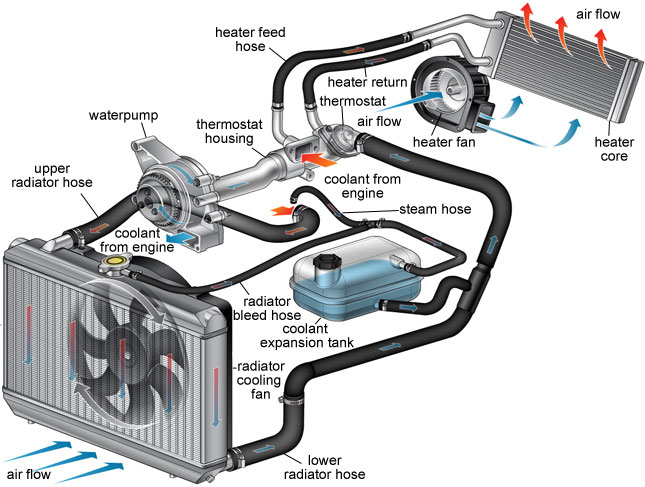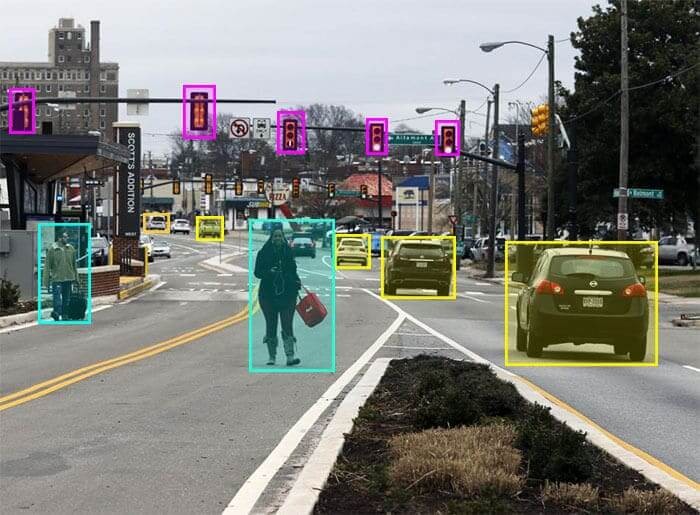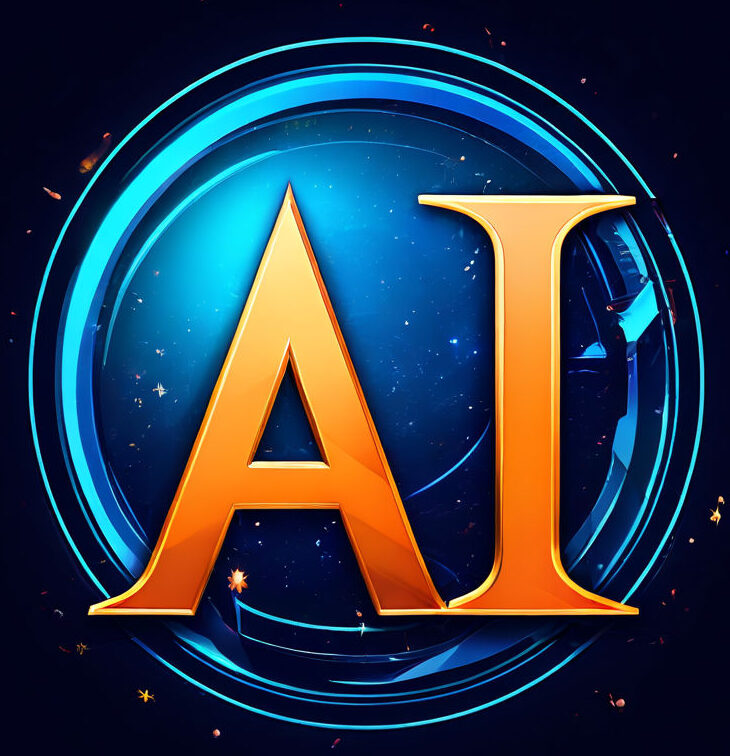The automotive industry is facing challenges, especially for design teams. Can artificial intelligence (AI Car) help them? How can AI and data science make supply chains more efficient?
AI is already being used in cars with systems like advanced driver assistance. But there’s more potential. IoT sensors in production lines can improve quality control for manufacturers.
Let’s focus on manufacturing:
- How does AI affect the early stages of manufacturing?
- What about product design and program management?
- Can AI help streamline the supply chain between suppliers and car makers?
- Should there be more focus on high-tech design aspects like CAE simulation?
These are important questions as AI continues to shape the automotive industry.
Tier 1 suppliers are companies that directly supply parts and components to automobile manufacturers (OEMs). They are at the top of the supply chain and provide essential parts like engines, transmissions, and electronic systems to build cars. These suppliers often work closely with OEMs to meet specific requirements and standards for vehicle production. Check this The Latest Trends in AI Marketing 2024
Table of Contents
From RFQ to Production
During the RFQ (request for quotation) phase, Tier 1 suppliers compete to provide parts for specific vehicle models branded by an OEM. After winning the contract, suppliers continue to work closely with the OEM to meet their needs.
Aftermarket suppliers sell ready-made components, while OEM suppliers customize their products to fit the OEM’s requirements for each new vehicle model.
OEMs expect suppliers to meet various functional requirements like durability and energy efficiency. In the past, suppliers used physical prototypes and testing cycles, but now they rely on Computer-Aided Engineering (CAE) and Computer-Aided Design (CAD) to speed up the process and reduce costs. This shift from analog to digital engineering represents a major advancement in the industry.
Artificial Intelligence: How Software 2.0 Benefits Tier 1 Suppliers and OEMs
AI Car: Software 2.0 is like a powerful tool that learns from existing software and data to predict outcomes in real-time. It builds on traditional software like CAD and CAE, using their data to improve product design processes. This revolution helps designers create products more efficiently by learning from past experiences.
Specialized Skills in the Tier 1 Automotive Supply Chain
Let’s take a closer look at a typical car radiator to understand the various manufacturing methods, engineering expertise, and supply chain partners involved. Read also Trend Topics AI PCs and NPUs 2024
In this scenario, we have three main components: the water pump, coolant tank, and radiator core, each provided by different suppliers.
These components require specific expertise and equipment for their production and maintenance. This highlights the significant level of technical specialization involved in the automotive industry’s supply chain.

How Is Artificial Intelligence Changing the Automotive Industry?
Let’s explore how car makers (OEMs) and their Tier 1 suppliers utilize AI technology in the automotive sector. We’ll illustrate how Artificial Intelligence can enhance business support functions compared to conventional methods. We’ll delve into areas like self-driving and autonomous vehicle technology, manufacturing processes, and specifically, how AI influences product design.
How handle Autonomous Vehicles
We’ll discuss autonomous vehicles, then move on to manufacturing and design. Autonomous cars rely on different technologies to handle driving challenges like navigating roads and avoiding obstacles.
They use AI technologies such as computer vision algorithms to interpret sensor data and understand their surroundings. AI helps them identify objects like pedestrians, vehicles, and traffic signs.

Ways AI Is Used in Car Manufacturing
AI has a lot of uses in making cars. For instance, it can help with checking quality, predicting when maintenance is needed, and making the supply chain work better.
How Generative Design Works
Consider this: Car makers aim to create a sleek sports car with top-notch aerodynamics using AI. They can train a computer program using data from existing sports car designs. With this, the AI can quickly generate thousands of new designs.
Conclusions
AI and deep learning hold the potential to transform how AI Car are designed, right from the initial concept stage. Here’s how AI can help in the automotive industry:
- Democratization: AI can gather insights from past simulations and share them with design engineers, making valuable knowledge accessible to all.
- Faster Design Exploration: AI works much quicker than traditional simulations, enabling designers to explore thousands of design options in a fraction of the time.
